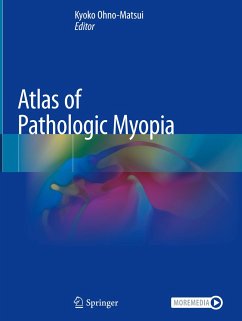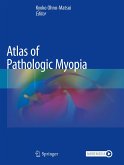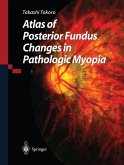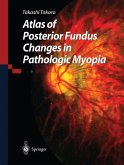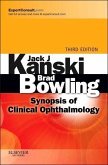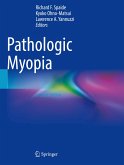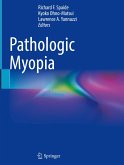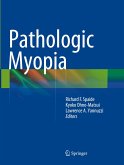This Atlas provides many beautiful images obtained with state-of-the-art technologies, including optical coherence tomography (OCT), OCT angiography, fundus autofluorescence, and wide-field fundus imaging, as well as traditional images and fluorescein/ICG angiograms. Gathered at the world's largest High Myopia Clinic, the images are based on the long-term follow-up data of more than 6,000 patients from Japan and abroad. Recent advances in imaging technologies have yielded many new observations and allowed us to detect new lesions, e.g. myopic traction maculopathy (or macular retinoschisis) and dome-shaped macula. An especially interesting aspect: the images obtained by '3D MRI of the eye' and 'ultra wide-field OCT' to visualize staphylomas. These techniques were established by the editor's group and make it possible to record the entire shapes of the eye, offering a scan width of up to 23 mm and scan depth of 5 mm. They have since been used to visualize posterior staphyloma,whichwas previously impossible to view because it spanned such a wide range of the eye. In addition, readers will learn what types of eye deformity occur in pathologic myopia and how they damage the macula/optic nerve. With this Atlas, readers will learn how to accurately diagnose each lesion of pathologic myopia, how eye deformity causes blinding complications, and how to identify patients with a poor prognosis. In short, it provides essential information that can't be found elsewhere.
Bitte wählen Sie Ihr Anliegen aus.
Rechnungen
Retourenschein anfordern
Bestellstatus
Storno

